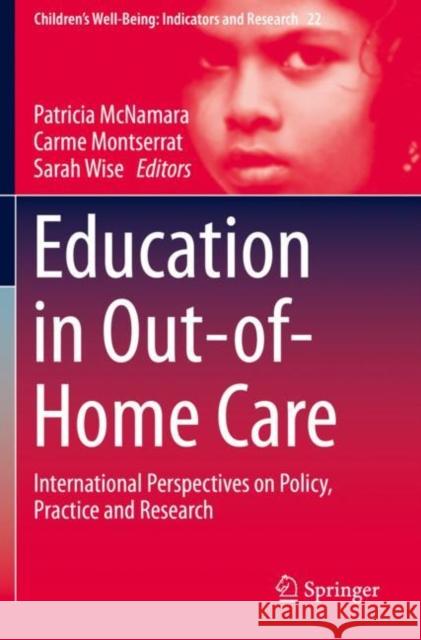Education in Out-Of-Home Care: International Perspectives on Policy, Practice and Research » książka
topmenu
Education in Out-Of-Home Care: International Perspectives on Policy, Practice and Research
ISBN-13: 9783030263744 / Angielski / Miękka / 2020 / 297 str.
Education in Out-Of-Home Care: International Perspectives on Policy, Practice and Research
ISBN-13: 9783030263744 / Angielski / Miękka / 2020 / 297 str.
cena 342,14
(netto: 325,85 VAT: 5%)
Najniższa cena z 30 dni: 327,68
(netto: 325,85 VAT: 5%)
Najniższa cena z 30 dni: 327,68
Termin realizacji zamówienia:
ok. 16-18 dni roboczych.
ok. 16-18 dni roboczych.
Darmowa dostawa!
Kategorie:
Kategorie BISAC:
Wydawca:
Springer
Seria wydawnicza:
Język:
Angielski
ISBN-13:
9783030263744
Rok wydania:
2020
Wydanie:
2019
Numer serii:
000405988
Ilość stron:
297
Oprawa:
Miękka
Wolumenów:
01











